
views
New Delhi: The Indian Olympic Association and the National Sports Federations on Monday unanimously rejected the National Sports Development Bill, the draft of which has been prepared by the Sports Ministry.
The representatives of the IOA and NSFs opposed the proposed legislation, saying that it was actually an effort by the government to take over the sports bodies in the country.
In a meeting here, the representatives of the IOA and NSFs presented their objections to the legislation before the Committee constituted by the Sports Ministry under the chairmanship of Justice Mukul Mudgal.
Former sprinter Ashwini Nachappa was also present and she made some recommendations about the representation of more sportspersons in the NSFs. Senior lawyer RK Anand represented the IOA.
Interim IOA President Vijay Kumar Malhotra said that the government was trying to have a monopoly over sports bodies.
"The government should not try to control all sporting bodies. Through this bill, the government is trying to take over the federations. There are a lot of drawbacks in this bill," he said.
"We want that there should be good governance. Fair elections must be conducted, corruption must be checked but if the government say that it is going to control everything and even nominate candidates, it is not right.
"And we have said that if this 'age and tenure' thing is applicable in every other fields like politics, in NGOs then we would also oblige. Why only sports should have this rule? This sort of an arrangement will effect sports," said Malhotra.
The Indian Cricket Board (BCCI) vice-president Arun Jaitley said this bill will encroach upon the rights of the federations and allow the government "not just regulate but have full control" over the sport bodies.
"This legislation is a suspect and will encroach upon the rights of the sport federations," said Jaitley.
Jaitley also said that when the BCCI was functioning well and its cricket team producing results, then there was no point in government interference.
"We do have our internal disciplinary issues but we should be allowed to sort it out on our own without outside (government) interference," said Jaitley.
Jaitley pointed out that there were a number of provisions in the Bill that were in conflict with the laws followed by the BCCI.
"The draft say that a non-Olympic sport should hold fair and transparent elections every four year but in BCCI, we hold elections every three years. So the age and tenure issue must not be applied to us. We already have our rules in place and that should not be tampered with," said Jaitley.
"The administration of the BCCI is divided into five zones and each has its own vice-president. But the bill proposes to have not more than two vice-presidents. But when this arrangement works perfectly for us, then why should we have two? How can government interfere in the day-to-day functioning of the body?" he asked.
Stating that government's concerns are legitimate and valid, Jaitley said that the BCCI had no problem with the principle of good governance but it should be done in a proper manner.
"Good things should be done in a right manner. If we give everything in the hands of government, it may result in something like remedy worse than the disease," said the Delhi and District Cricket Association president.
He also objected to the provision in the draft Bill that any office bearer of an NSF, who has completed one term, should secure at least two-third majority to be elected for the second term.
The other NSFs agreed to the points raised by Jaitley and said that the Bill, if passed, would result in the government taking control of the sports bodies.
RK Anand said that the IOA was in agreement of the Bill only in those points relating to transparency and good governance but not in those concerning autonomy of the sports federations.
"Government has no clear idea on autonomy. Bill should be discussed in the Parliament. IOA is in favour of the Bill only in terms of transparency and good governance," said Anand.
The Bill proposes an age limit of 70 for all office bearers, not more than 12 consecutive years for NSF heads and eight years for other office bearers, 25 per cent reservation for sportspersons in various sports bodies, transparency, secret balloting in elections, strict provisions against sexual harassment and doping.













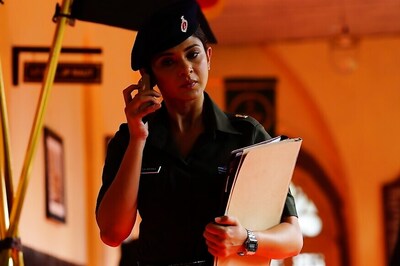

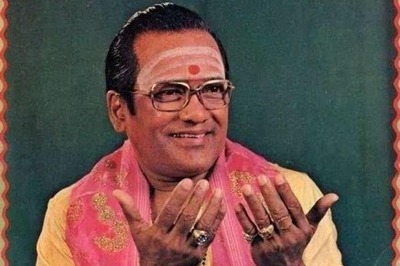
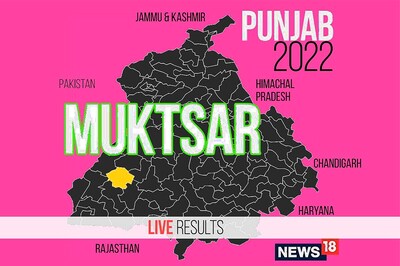
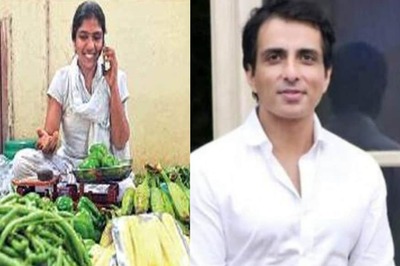

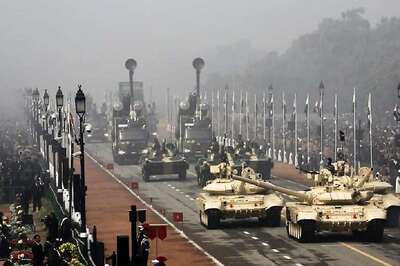
Comments
0 comment